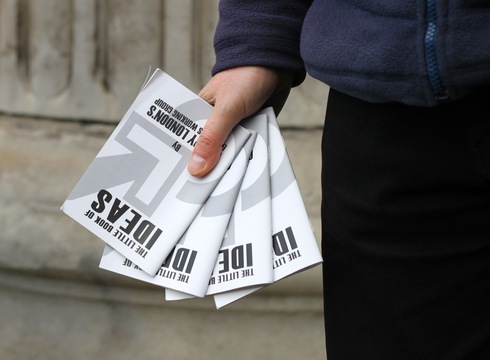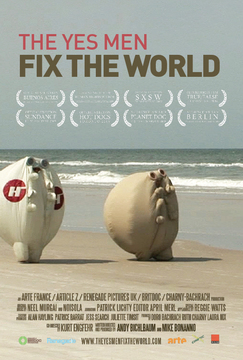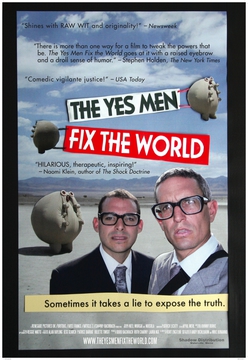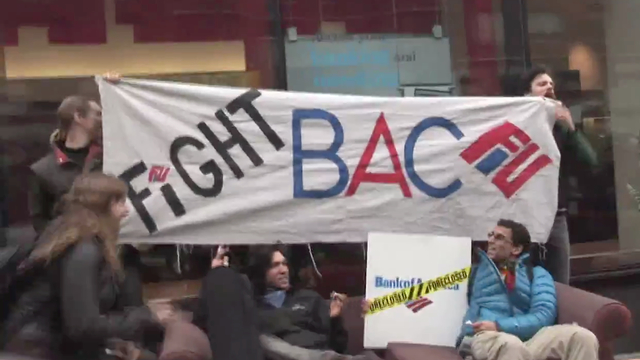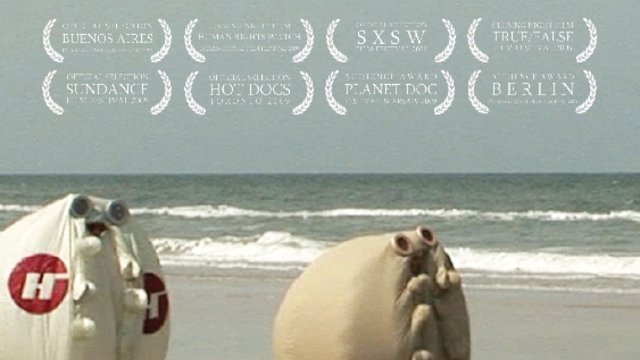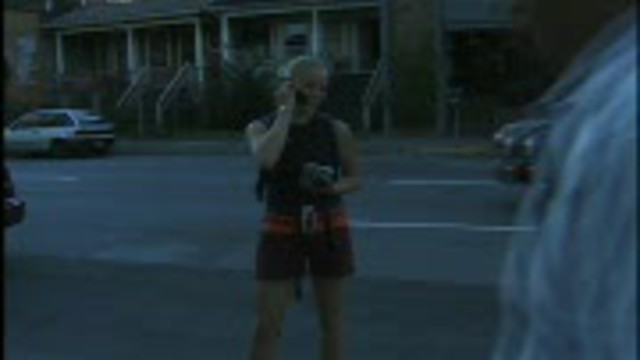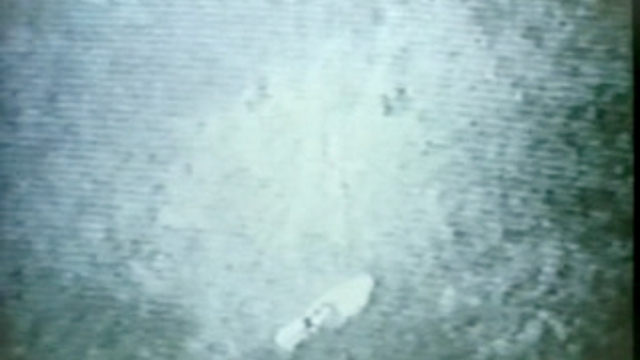article
A Body for Cultures in Ruin
For Whom It May Concern,
We would like you to read this document and respond to this idea. It
was our wish and motivation to consider a format which could
accommodate certain situations in which countries and cultures find
themselves in these days. Ever increasingly, we are witnessing the
phenomena of ruined nation states, crashing financial markets and
bankrupt governments. So far, this is only interpreted in the usual
journalistic way of reporting the political and financial aspects of
the crises. But we, cultural workers, know better. It is only perceived
as 'news'. Arts and culture in this situation are the last to be
considered contemporary, sensitive instruments that could express the
'signs of the times'. First of all culture is a prime target of budget
cuts and this has become the only language in which officials can
speak. Art, by definition, is always in a defensive role and cannot
make demands. We do not like to further the culture of complaint, nor
is this the right time to dream up new utopias. We propose to radically
face current global economic forces. We want to intervene in their
sphere. Culture should not be left out: condemned to compensate for and
be at the receiving end of this trauma.
Read
